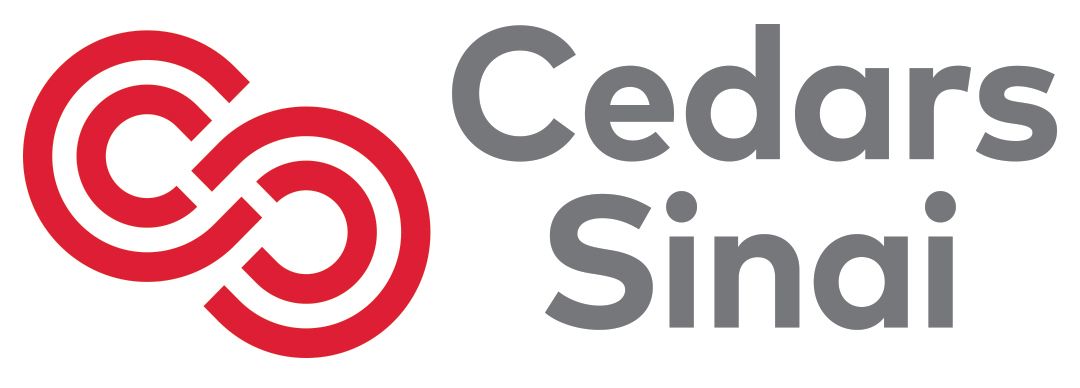
Dr. Posadas on Unmet Needs in Prostate Cancer

Edwin M. Posadas, MD, medical director, Urologic Oncology Program, co-director, Translational Oncology Program, associate professor of medicine, Cedars-Sinai Medical Center, discusses unmet needs in prostate cancer.
Edwin M. Posadas, MD, medical director, Urologic Oncology Program, co-director, Translational Oncology Program, associate professor of medicine, Cedars-Sinai Medical Center, discusses unmet needs in prostate cancer.
The main factor, Posadas says, is identifying the best treatment for a patient before they get to the point of requiring treatment with abiraterone acetate (Zytiga) and docetaxel. Circulating tumor cell assays and new imaging technologies may enable oncologists to do this in the future, but it won’t come in the near future. With that being said, identifying lethal forms of prostate cancer as early as possible is the biggest urgency in the field right now. Effective treatment is available for early-stage prostate cancer.
The second unmet need is understanding the entities of nonandrogen receptor (AR)-driven prostate cancers. For the last 70 years, Posadas says, physicians have relied on AR signaling to control prostate cancer. What’s likely to become a bigger problem in the future, Posadas adds, is that as these agents are used earlier in the natural history of the disease, what emerges after resistance is a more aggressive prostate cancer.




































